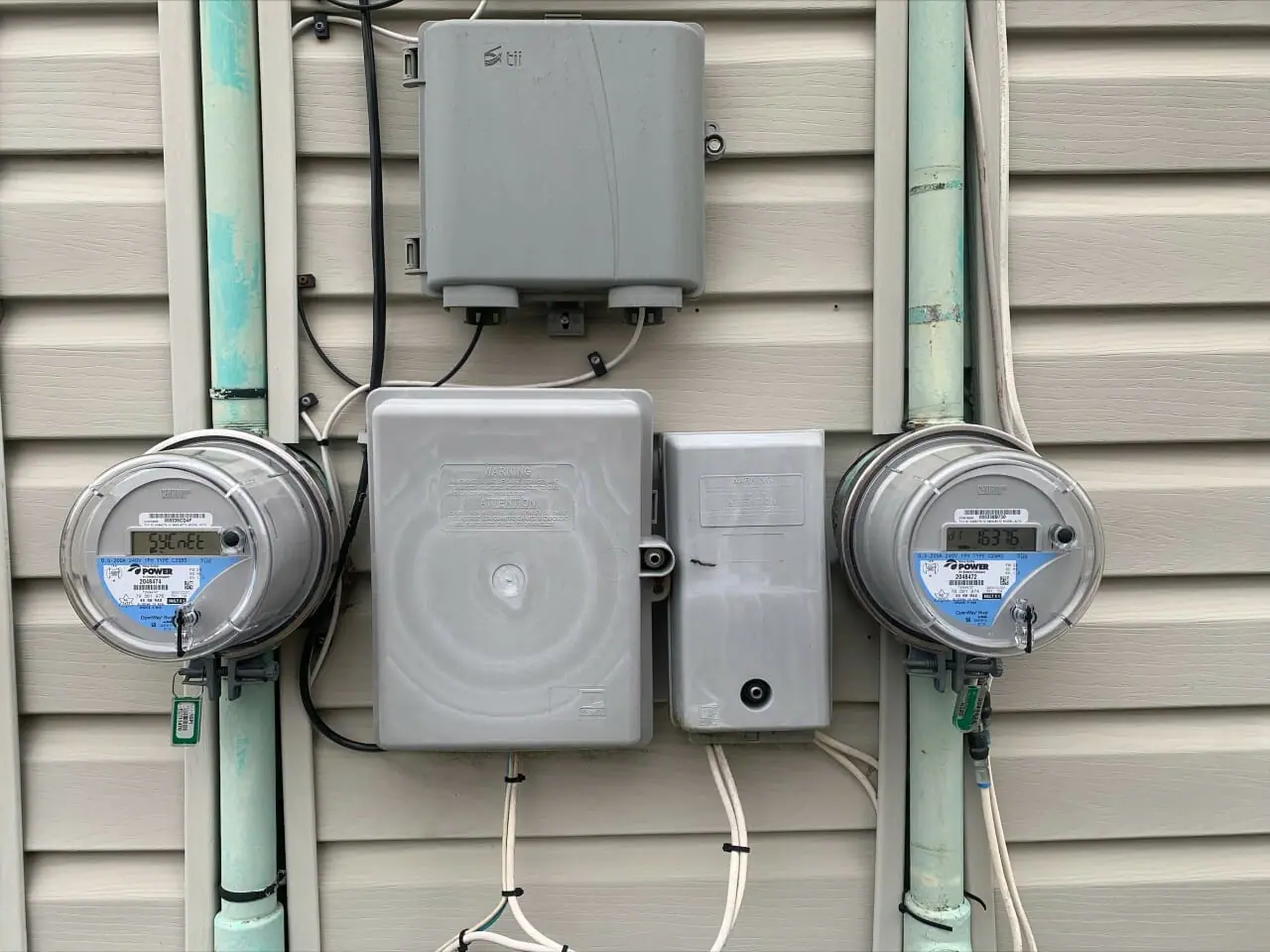2022 is the 10th year of Dal’s Ecolympics. I’m participating remotely, but the event has still taught me the importance of limiting water and energy use.
I’m in my second year at Dal, but this is my first year participating in the Ecolympics. I lived in residence last year, but moved back home after a disastrous Fall semester.
This year, I was living in LeMarchant Place but have been staying at home in Nova Scotia throughout the Omicron wave, which hasn’t stopped me from participating.
The Ecolympics were a bit different this year. Unlike previous years, the 2022 version isn’t a competition and restrictions are in place to keep everyone safe during the pandemic. I was happy to see there was still a variety of informative and fun events. My personal favourite was the “I am Greta Thunberg” documentary.
What I learned
Something I learned during the Ecolympics is that Nova Scotia uses coal and other fossil fuels to power the electricity in the province via Nova Scotia Power. As someone who grew up in Ontario, where hydroelectric and wind are used to generate electricity, it didn’t occur to me that fossil fuels are still used to generate electricity.
Ontario stopped using coal to generate electricity by the end of 2014. The usage of fossil fuels is harmful to the environment. Learning that Nova Scotia uses coal and other fossil fuels for the majority of electricity generation was frankly disappointing to me.
Something else I learned during the Ecolympics is that over four million people die every year globally from exposure to outdoor air pollution. There are an estimated seven million deaths worldwide annually due to both outdoor and household air pollution. This is shocking and heart-breaking.
After learning about the impact of pollution on global lives, it’s even more important to me that reduction of water and electricity usage happens. Especially since electricity is powered by fossil fuels in Nova Scotia.
It’s 2022, and we know enough about climate change that the air pollution should not be this extreme. It’s crucial that the environment is taken care of, and we do more to reduce air pollution.
Actions I plan to take from now on
Something I’ll do more of since participating in the Ecolympics is reduce my electric heat use.
The Ecolympics focuses on the reduction of residence energy and water consumption via education and friendly competition. Usage is measured before the competition for all the residences participating to establish a baseline. Measurements are taken again at the end of the competition, with the event winner determined by the reduction levels.
The Ecolympics lasts two weeks, and each residence’s goal is to reduce energy and water consumption, along with partaking in other sustainable actions. Participating from home made me reflect on my water and energy consumption, especially my electricity usage.
The central heating in my house is a wood stove, so lighting a fire there saves me from using electric heaters. Previously, I would turn on the electric heaters because I didn’t want to light a fire and wait for it to work its magic on my house.
After hearing how much fossil fuel is used in electricity production in Nova Scotia, I’ve been lighting more fires and will continue to choose the wood stove over the electric heaters at home.
Another thing I’ll do more of is shortening my shower times. The water for my house comes from a well, so it’s even more crucial to keep showers short. I have a natural tendency to take long showers, and I don’t make the same conscious effort in residence as I do at home to keep them short. This is something I’d like to change after participating in the 2022 Ecolympics.
As students, we might not think about things like the fact that hot water has to be heated. This takes more energy in the winter when water temperatures are lower due to the temperature outside.
Overall, participating in Dal’s 10th Ecolympics, even from home, has been an eye-opening experience. It’s important to be aware of how much electricity and water we use, especially in trying times when we need to work harder to protect and take care of our home. With Nova Scotia using fossil fuels for most of our electricity generation, having high electricity and water usage is harming our environment. Let’s look after the environment of the planet as students and as people. After all, it’s also the only Earth we’ve got.


Recent Comments